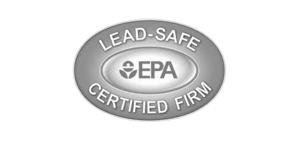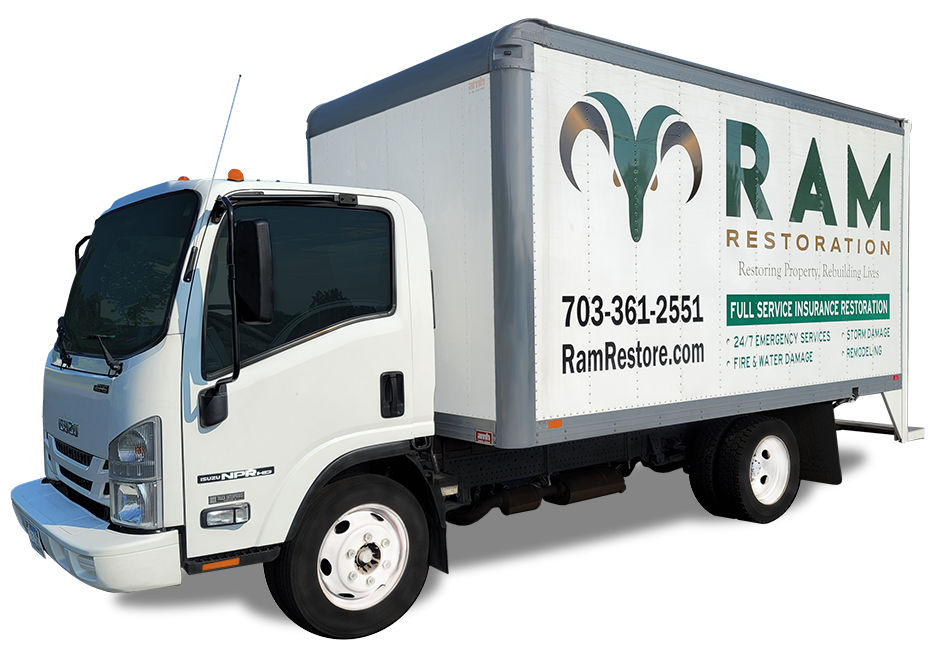Did you know concrete is very porous and can hold a lot of water? This makes concrete garage floors at risk for water damage. Water damage can cause serious problems like structural decay and mold growth. Moisture meters show that even a bit of moisture in concrete, above 10%, means there’s water present.
This shows how easily your garage floor can be damaged by water if you don’t take steps to prevent it.
Key Takeaways
- Concrete is porous and retains water, making it prone to damage and mold growth.
- Water damage can weaken the integrity of concrete garage floors, leading to cracks and crumbles.
- Drying concrete after water damage is challenging due to its slow moisture release and absorption.
- Moisture intrusion can cause significant issues like cracking, peeling paint, and discoloration.
- Preventive waterproofing is essential to protect concrete garage floors from water damage.
How Water Damages Concrete Garage Floors
Water can damage concrete garage floors in many ways. It gets absorbed into the concrete’s pores, causing it to expand and contract. This leads to cracks and crevices. These cracks let more water in, making the damage worse.
Environmental factors like tree roots and earthquakes also make floors more vulnerable. It’s important to take care of the floors to prevent this.
Concrete garage floors need regular maintenance to stay in good shape. Poor installation and not fixing problems quickly can let water in. Signs of damage include spalling, discoloration, and peeling paint. Mold is also a sign of moisture issues.
Old or broken waterproofing can make things worse. Fixing small problems yourself can help a lot. But, big damage might need a professional to fix, possibly by replacing the concrete.
Keeping the floor clean and ensuring good drainage is key. Installing trench drains and using epoxy coatings can help protect the floors. These steps can help keep your garage floor safe from water damage for a long time.
Signs and Prevention of Concrete Garage Floor Water Damage
Spotting signs of water damage on concrete floor early can save you money and time. Look out for cracks, spalling, efflorescence, and mold. These signs mean water has reached the concrete’s core, weakening it.
Precautionary measures for water damage prevention are key. A good waterproofing system keeps water out. Regular checks for cracks or bubbles in coatings are also vital.
Using dehumidifiers helps control moisture. Make sure your drainage systems work well and seal doors and windows properly. Here are some steps to avoid water damage:
- Redirect water away from the garage
- Ensure garage door seals are intact
- Add exhaust fans to control humidity
- Avoid storing items directly on the floor to prevent moisture accumulation
- Use moisture indicators to regularly check for potential water ingress
Concrete garage floors are tough but can still face moisture issues if not cared for. By knowing the signs of water damage on concrete floor and taking steps to prevent it, you can keep your garage floor in great shape for years.
Conclusion
Water can really harm concrete garage floors if not taken care of. It can cause cracks and weaken the structure. It’s key to check your garage floor often and fix small cracks right away.
Getting help from experts for concrete floor repairs is a smart move. They can use special methods like foam injection to fix problems. Also, using dehumidifiers and moisture barriers can help keep the floor dry.
Checking doors and windows for leaks is important. Using special flooring that resists moisture is also a good idea.







